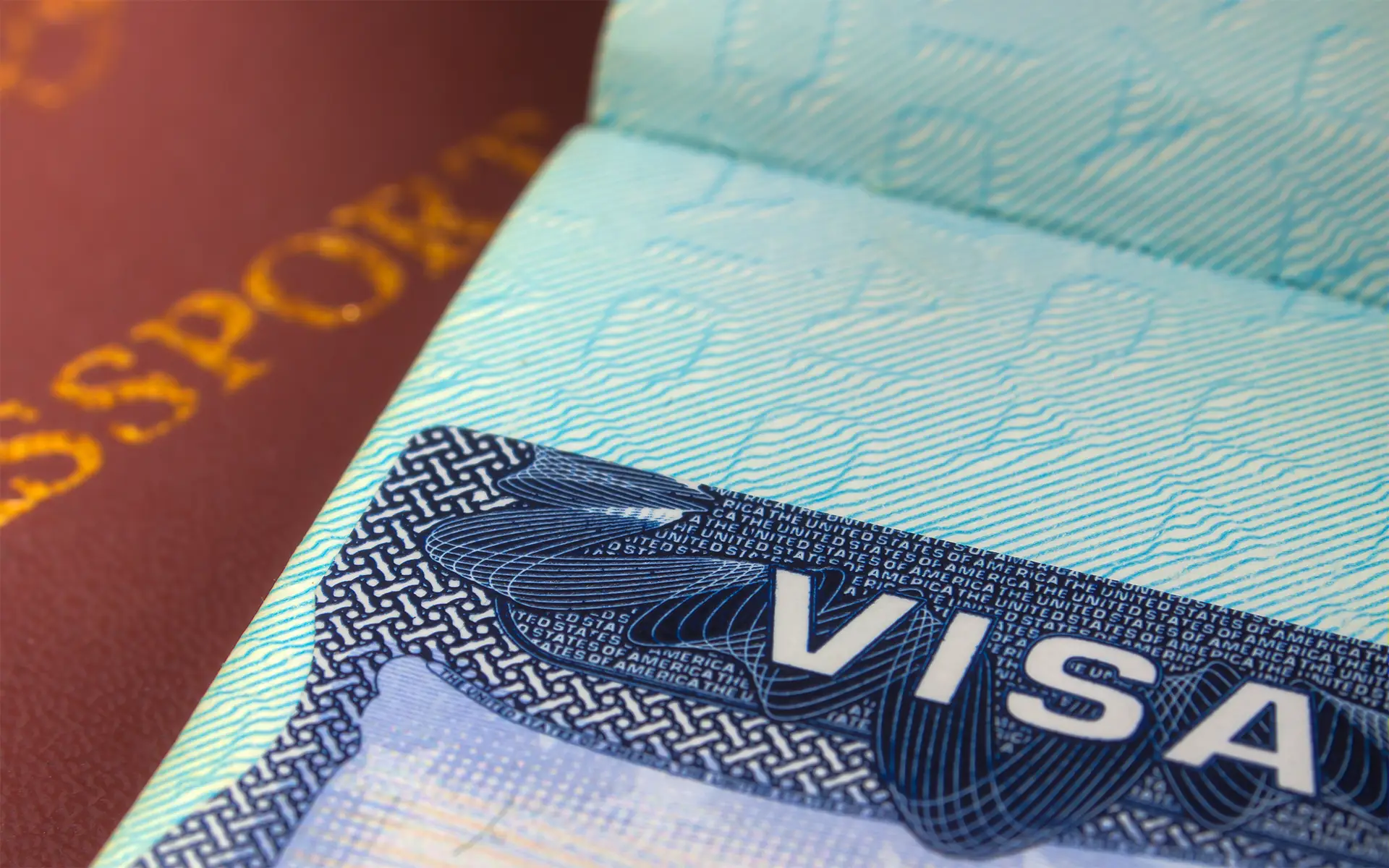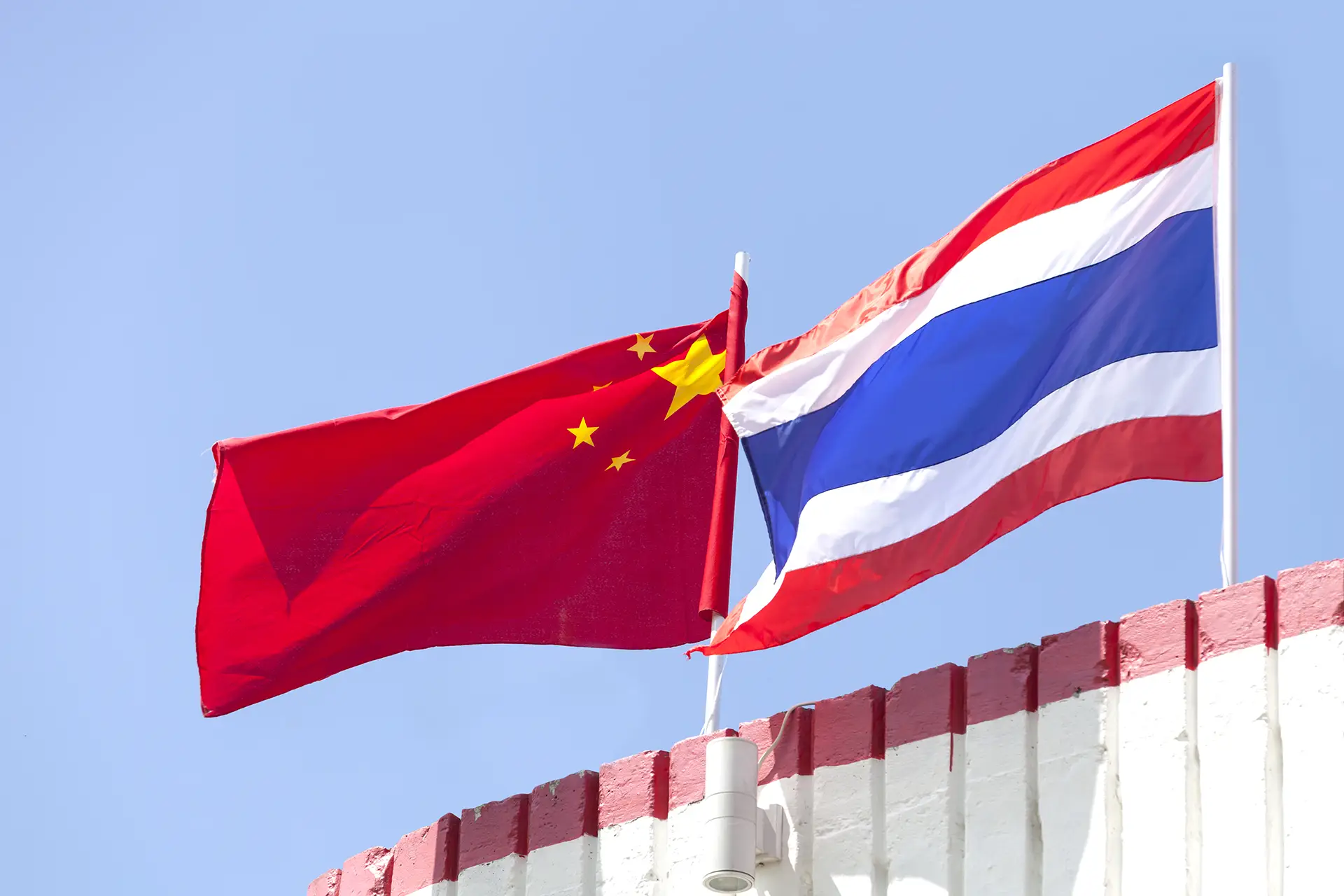
The Council of the European Union Recommends Lifting Travel Restrictions for Argentina, Colombia, Namibia, and Peru
As a further update to the previous recommendation made by the Council of the European Union on 8th of October 2021 for the lifting of travel limitations, the Council has recommended the addition of Argentina, Colombia, Namibia, and Peru to the list for which travel limitations should be removed. The update on the recommendation was made on the 28th of October 2021.
Non-essential travel to the European Union from nations or territories not included on the list is subject to interim restrictions. The list will be reviewed and if needed, updated every two weeks. Schengen-associated nations; namely, Iceland, Norway, Liechtenstein, and Switzerland have taken part in the recommendation too.
The basis for granting non-EU travelers entry into member states still depends on whether the country is regarded epidemiologically safe or not.
The updated list now includes the following countries:
- Argentina (newly added)
- Australia
- Bahrain
- Canada
- Chile
- China (subject to confirmation of reciprocity)
- Colombia (newly added)
- Jordan
- Kuwait
- Namibia (newly added)
- New Zealand
- Peru (newly added)
- Qatar
- Rwanda
- Saudi Arabia
- Singapore
- South Korea
- Ukraine
- United Arab Emirates
- Uruguay
In addition to the countries listed above, travel limitations should also be gradually removed for both Macao and Hong Kong, China’s special administrative regions. Taiwan, which falls in the classification of territorial authority not acknowledged as a state, should also be given the same privilege.
There have been several updates to the list before 29th of October 2021. The Council had also updated the list on October 8th by adding Bahrain and the United Arab Emirates. Prior to that, on the 23rd of September 2021, the Council recommended to member states to remove restrictions for the residents of Chile, Kuwait, and Rwanda and impose travel restrictions on travelers coming from Bosnia and Herzegovina and Moldova.
The recommendation of the Council is not legally binding. It still falls on the officials of the member states to implement the recommendation. However, any member state should not lift limitations for third countries not included on the list without a decision being made by all members.




































































































